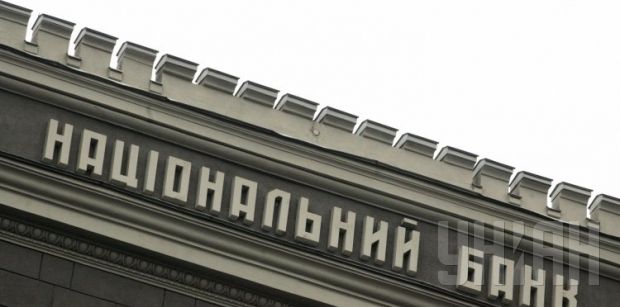
This was reported on Thursday by the press service of the National Bank of Ukraine.
Restructuring will be performed on foreign currency mortgages with outstanding principal of not higher than UAH 2.5 million at the official rate effective on January 1, 2014 (UAH 7.9903 to the dollar).
The memorandum bans the raising of interest rates on the restructured part of the loan for three years from the date of restructuring, an increase in write-off of penalties accrued as of the time of restructuring, and allows for shifting from a annuity form of repayment to a classic one at the borrower’s request.
In addition, the borrower’s loan responsibility is limited to the object of the mortgage, and the assignment of claims at other financial institutions is prohibited without a preliminary offer being made to the borrower to repay the loan at a cession price.
The Memorandum also provides for the establishment of a Special Commission within the NBU charged with monitoring its implementation and adopting the restructuring rules by means of the NBU’s resolution.
The Memorandum will become effective from the date of entry into force of the relevant changes to the Tax Code, with the text of the Memorandum to be published on the Web site of the regulator after its signing.
As UNIAN reported earlier, since the beginning of this year the Ukrainian currency has depreciated against the US dollar in terms of dollar exchange rate by almost two times, which has made it difficult for the borrowers receiving income in local currency to service their foreign currency loans, in turn causing losses to the banks due to greater number of over-due loans and falls in the reserves created to cover such loans.
In July 2014, several bills were registered at the parliament with proposals to carry out restructuring of individuals’ foreign currency loans into hryvnia. One of the bills was worked out by the president's representative in the Verkhovna Rada Ruslan Kniazevych and found the biggest support among bankers and the NBU, and was subsequently adopted at first reading.
Later, under pressure from borrowers’ unions, the NBU created a working group with the participation of representatives of the relevant committees of the NBU, the public council at the NBU and representatives of the "credit-related maidan", that will be tasked with developing the legislation regulating the issues of depositors and borrowers.

